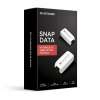The Era of Electric Mobility and Connectivity
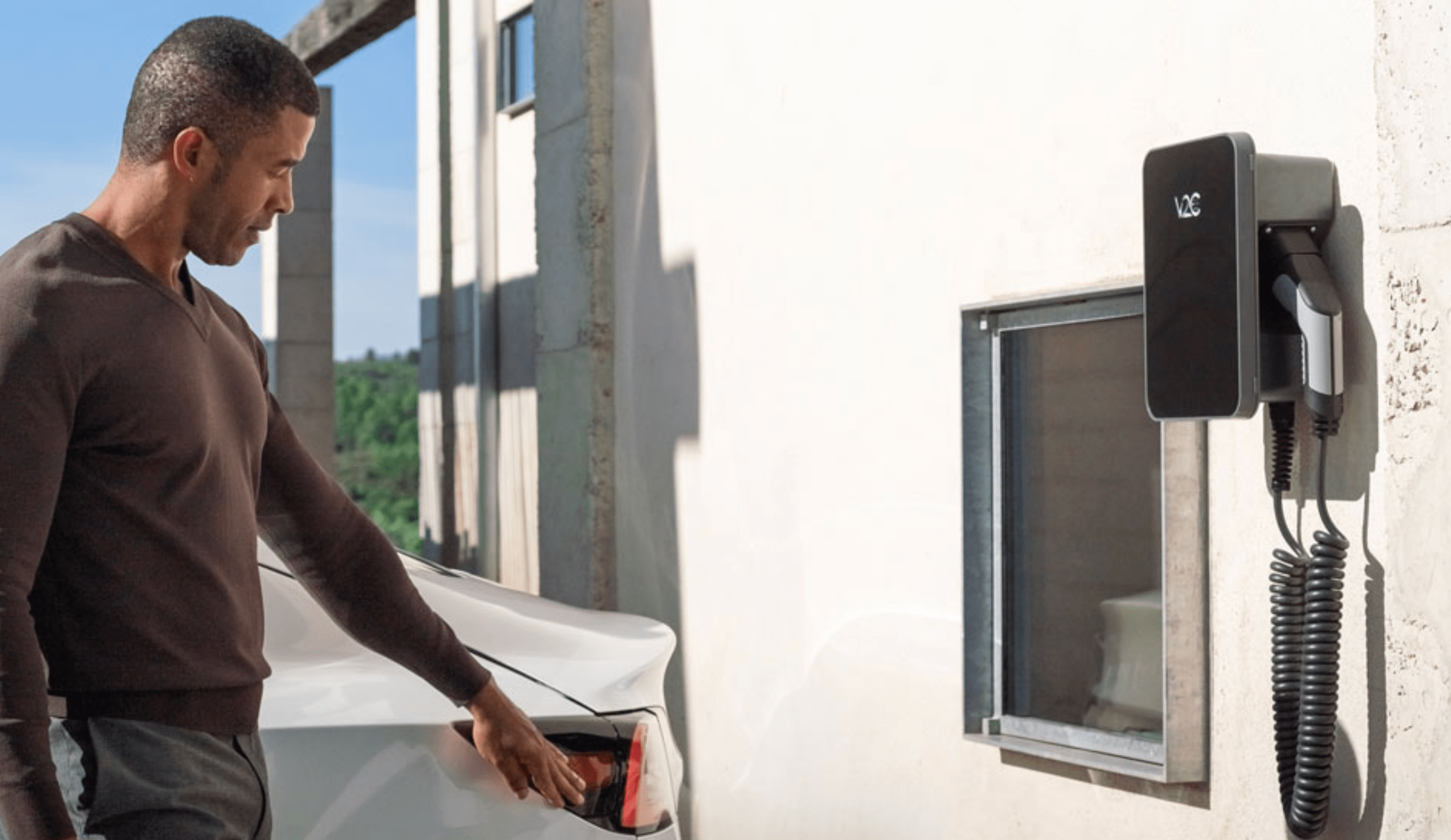
In the era of electric mobility, connectivity at electric vehicle (EV) charging points has become a crucial factor. The EV charging infrastructure must be capable of handling and efficiently delivering large amounts of energy, and this careful management of energy flow between Electric Vehicles and the power grid is essential to ensure ease of use for vehicle owners and stability for the grid.
Smart Chargers for Electric Vehicles: An Advancement in Charging
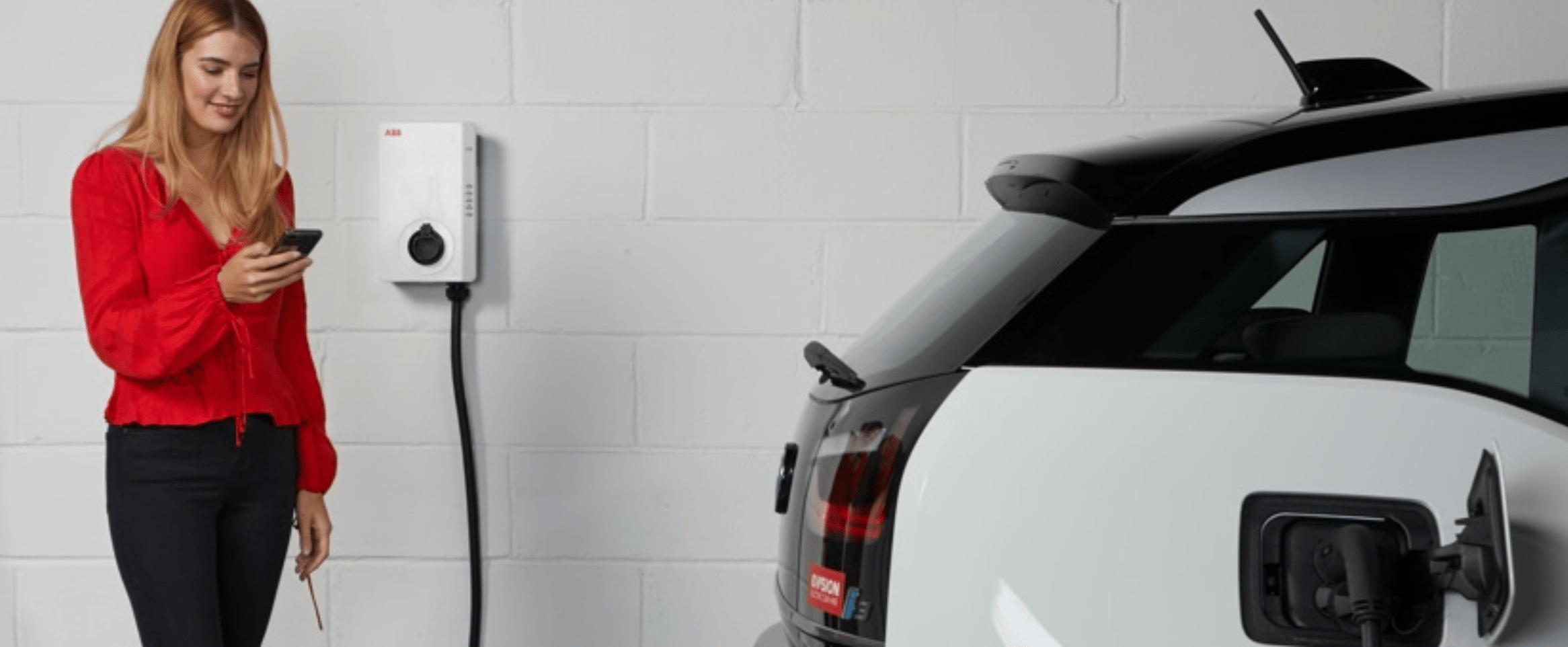
Smart chargers for electric vehicles, equipped with communication and data processing capabilities, are at the forefront of efficient and intelligent charging solutions. These chargers connect to the Internet and communicate with devices such as smartphones, home energy management systems, and public utility networks. This communication allows for greater functionality, efficiency, and convenience compared to non-smart conventional chargers.
Connectivity Challenges in Electric Vehicle Chargers
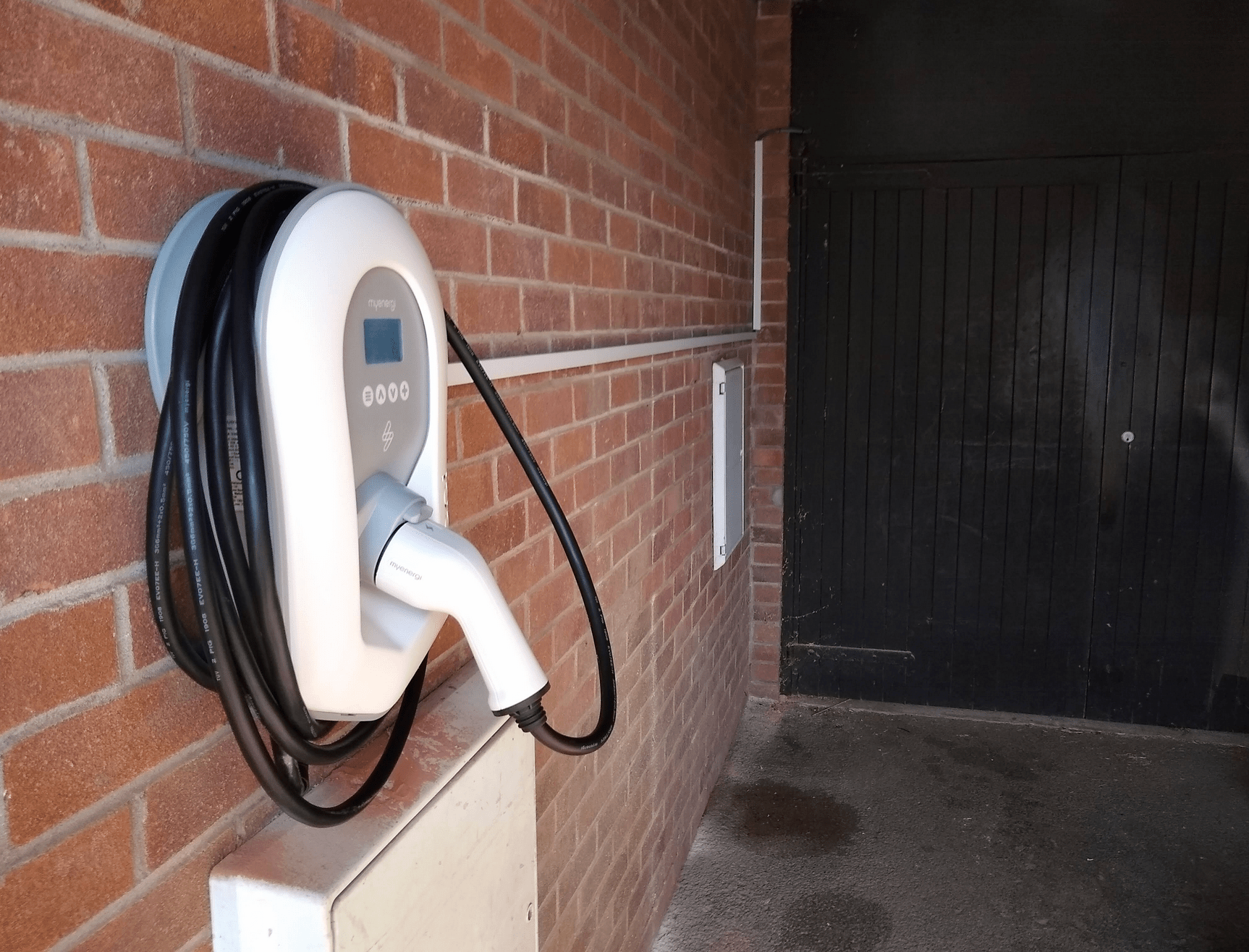
Despite the advantages of smart chargers, users often face issues when the Internet connection does not reach the chargers properly. This can result in reduced functionality, charging scheduling problems, and difficulties in integration with home energy management systems and public utility networks. In some cases, it may even hinder the charger's ability to participate in demand response programs, leading to higher energy costs for the user.
Connectivity in smart electric vehicle chargers allows for intelligent charging management and seamless integration into the grid. This enables remote monitoring and control, integration with renewable energy sources, participation in demand response programs, and an overall optimized charging experience for electric vehicle owners.
Plastic Optical Fiber: An Ideal Connectivity Solution
In this context, plastic optical fiber emerges as an ideal connectivity solution for smart EV chargers. Plastic optical fiber offers significantly faster data transmission speeds and higher reliability compared to wireless connections. This can be especially useful for smart chargers, which need to communicate efficiently and reliably with multiple devices and services.
Furthermore, wired connections are generally more secure than wireless ones as they are harder to intercept. This can be important to safeguard user data and ensure the security of charging transactions. Wired connections are also less susceptible to electromagnetic interference, which can enhance the quality and reliability of the connection.
Plastic optical fiber has high broadband capacity, meaning it can handle large volumes of data. This can be advantageous for smart chargers, which may need to transmit and receive substantial amounts of data to optimize charging and participate in demand response programs.
Conclusion: Connectivity in Electric Vehicle Charging
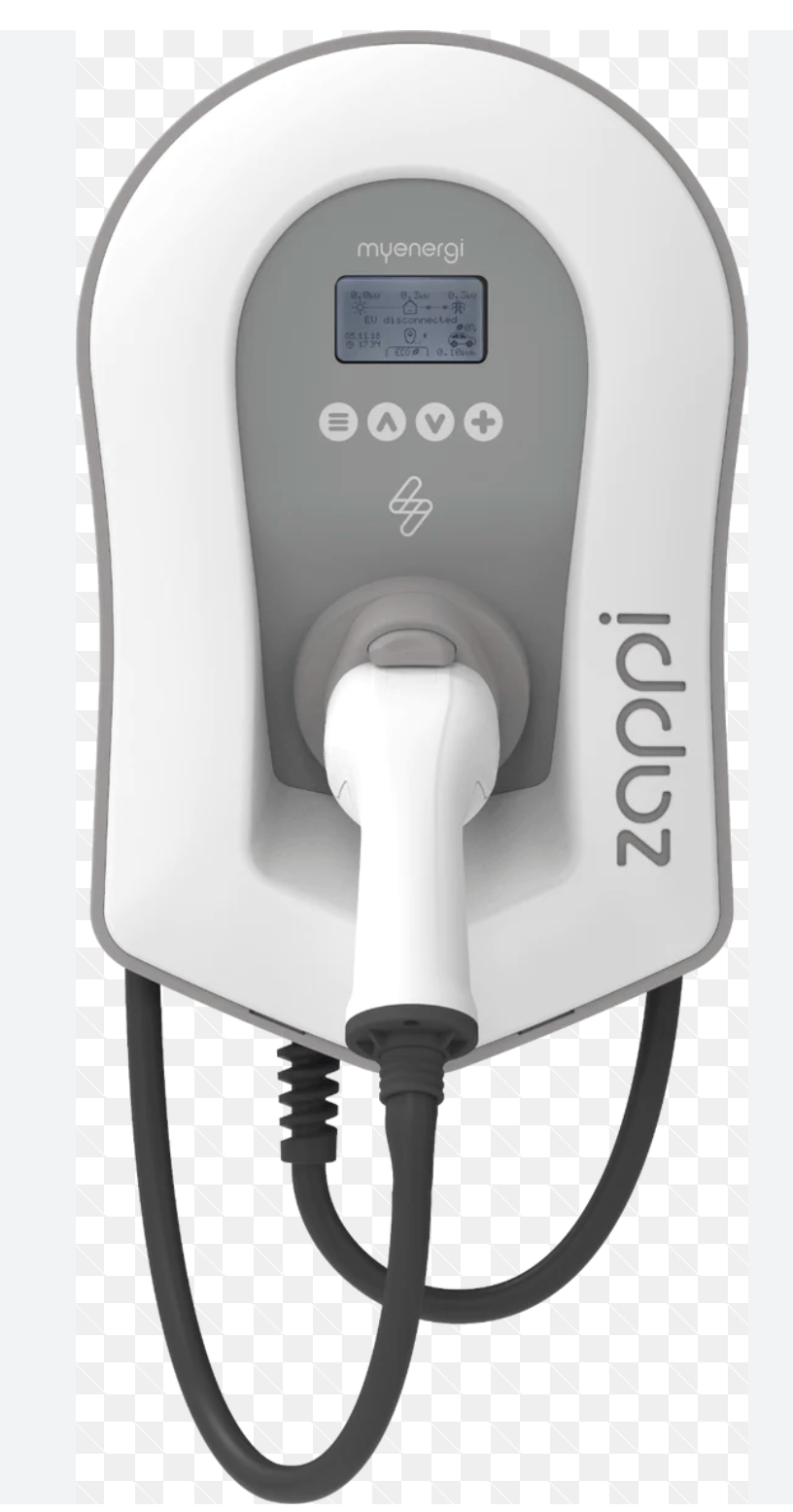
In summary, connectivity in domestic electric vehicle charging is essential for an efficient and convenient charging experience. Plastic optical fiber, with its high speed, reliability, and security, can play a crucial role in optimizing this experience. As the adoption of electric vehicles increases, smart chargers and advanced connectivity solutions like plastic optical fiber will play an increasingly important role in transitioning towards a cleaner and greener transportation future.


(3).png)

